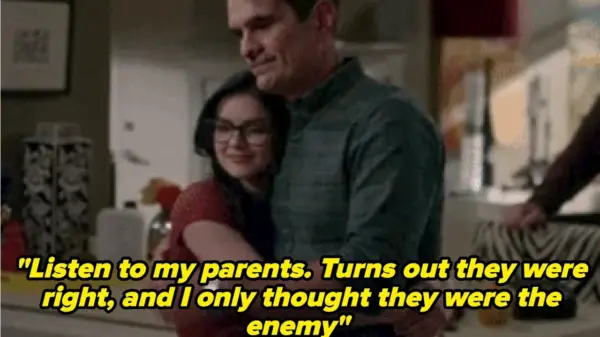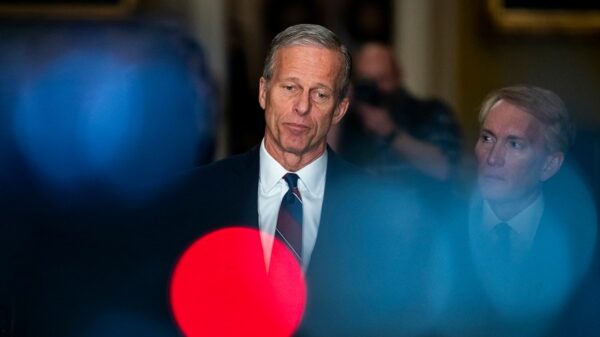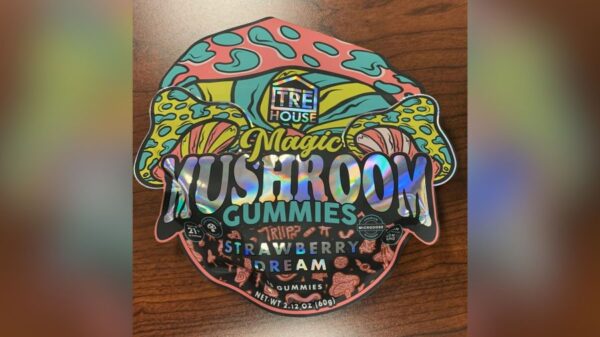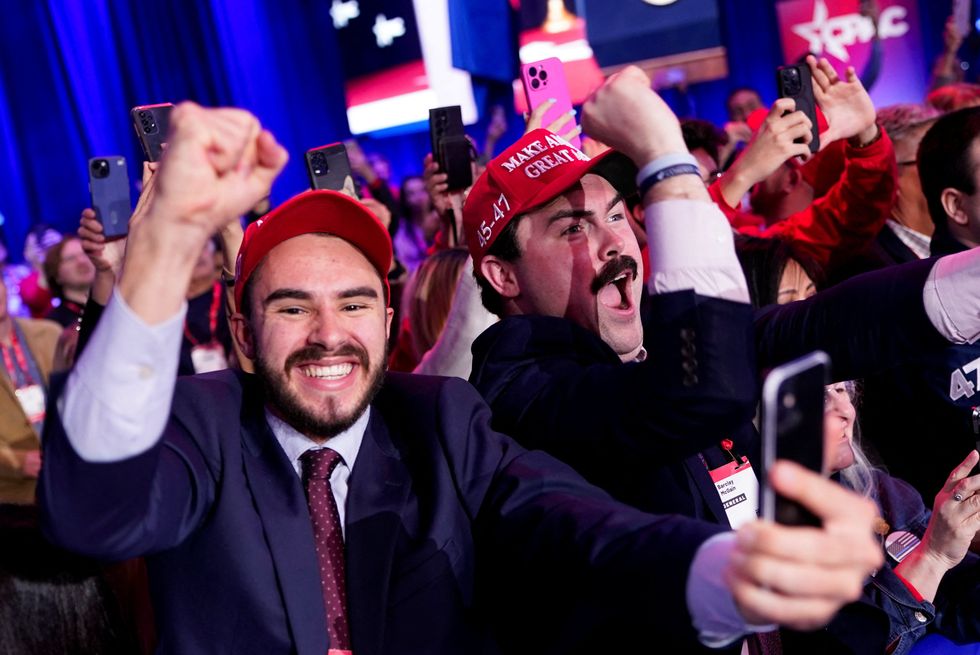BREAKING: Tensions escalate within the Republican Party as leaders attempt to redefine the term “fascist” amid a shocking incident involving young party members. Just last week, a group chat among the Young Republicans revealed members expressing admiration for Adolf Hitler and discussing his notorious policies. This alarming revelation has sparked outrage and highlights a troubling trend within the party.
In response to the backlash, Vice President JD Vance downplayed the incident, stating, “Kids do stupid things… They tell edgy, offensive jokes.” However, this has done little to quell concerns, as many participants in the chat were adults in their 30s, raising questions about the party’s approach to such inflammatory rhetoric.
The controversy comes amid a broader effort by Republican leaders to categorize the term “fascist” as hate speech used against conservatives. This narrative gained traction following the assassination of conservative activist Charlie Kirk, with leaders like Mike Johnson blaming the term for inciting violence. Johnson stated, “Calling people Nazis and fascists is not helpful… it spurs them on to action.”
As the GOP grapples with its identity, former President Donald Trump has intensified his campaign against the left’s anti-fascism movement. His administration’s NSPM-7 memo accuses critics of using the word “fascist” to justify violence, categorizing a range of beliefs as potential terroristic inclinations.
Historically, the label “fascist” has been misapplied, often used to describe any disliked authority. However, the characteristics of fascism—merging state and corporate power, authoritarian rule, and suppression of dissent—are increasingly relevant as criticisms of the GOP mount. Observers note that Trump’s leadership style often mirrors these traits, complicating the party’s stance on the issue.
The term’s usage is not limited to political discourse; it has seeped into popular culture among right-wing influencers. Figures like Matt Walsh and Nick Fuentes have embraced provocative labels, often blurring the lines between irony and genuine ideology. Their rhetoric has resonated with younger audiences, further entrenching the party’s radicalized base.
A recent surge in right-wing extremism has led many to question the GOP’s direction, particularly in light of the October 18 protests advocating for human rights. There, citizens rallied against the escalating violence and repression fueled by the current administration, which has been accused of militarizing law enforcement against its own citizens.
As the party struggles with its image, critics argue that the embrace of fascist ideologies could lead to a dangerous normalization of hate. With the GOP’s leaders attempting to dismiss or redefine fascism, the question remains: will they succeed in turning the tide or face a backlash from within and outside their ranks?
This developing story continues to unfold as more details emerge. Stay tuned for updates on how the Republican Party navigates this contentious issue and the implications it holds for American politics.





































































